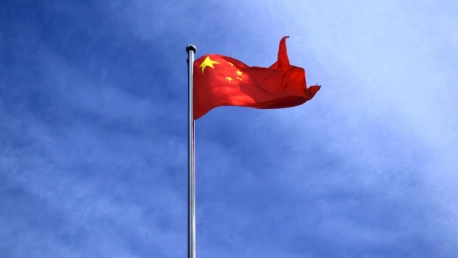Recent actions by U.S. House lawmakers have cast a spotlight on GenScript, a Chinese Contract Development and Manufacturing Organization (CDMO), and its cell therapy division, Legend Biotech, amidst concerns of potential Chinese Communist Party (CCP) influence within the American biotech realm. Representatives John Moolenaar and Raja Krishnamoorthi, from the House Select Committee on Strategic Competition between the U.S. and the CCP, have taken a decisive step by requesting an intelligence briefing from FBI Director Christopher Wray and Director of National Intelligence Avril Haines. Their goal is to delve into the relationship these entities may have with the CCP and the threat they could pose to the U.S. biotech sector’s leadership.The scrutiny hinges on understanding the fine line between legitimate business ambitions and the overarching fears of espionage and technology transfer to entities with potential ties to the People’s Republic of China (PRC). Although striving for innovation and competitive positioning in the global market is a natural pursuit for companies like GenScript, there’s an undercurrent of concern regarding how this drive aligns with national security. In response to the allegations, GenScript has staunchly denied being governed by any government authority, emphasizing its autonomy. Meanwhile, Legend Biotech points to its achievements in the medical field, specifically highlighting the treatment of 3,000 multiple myeloma patients, to assert its commitment to cancer research rather than political interests.









